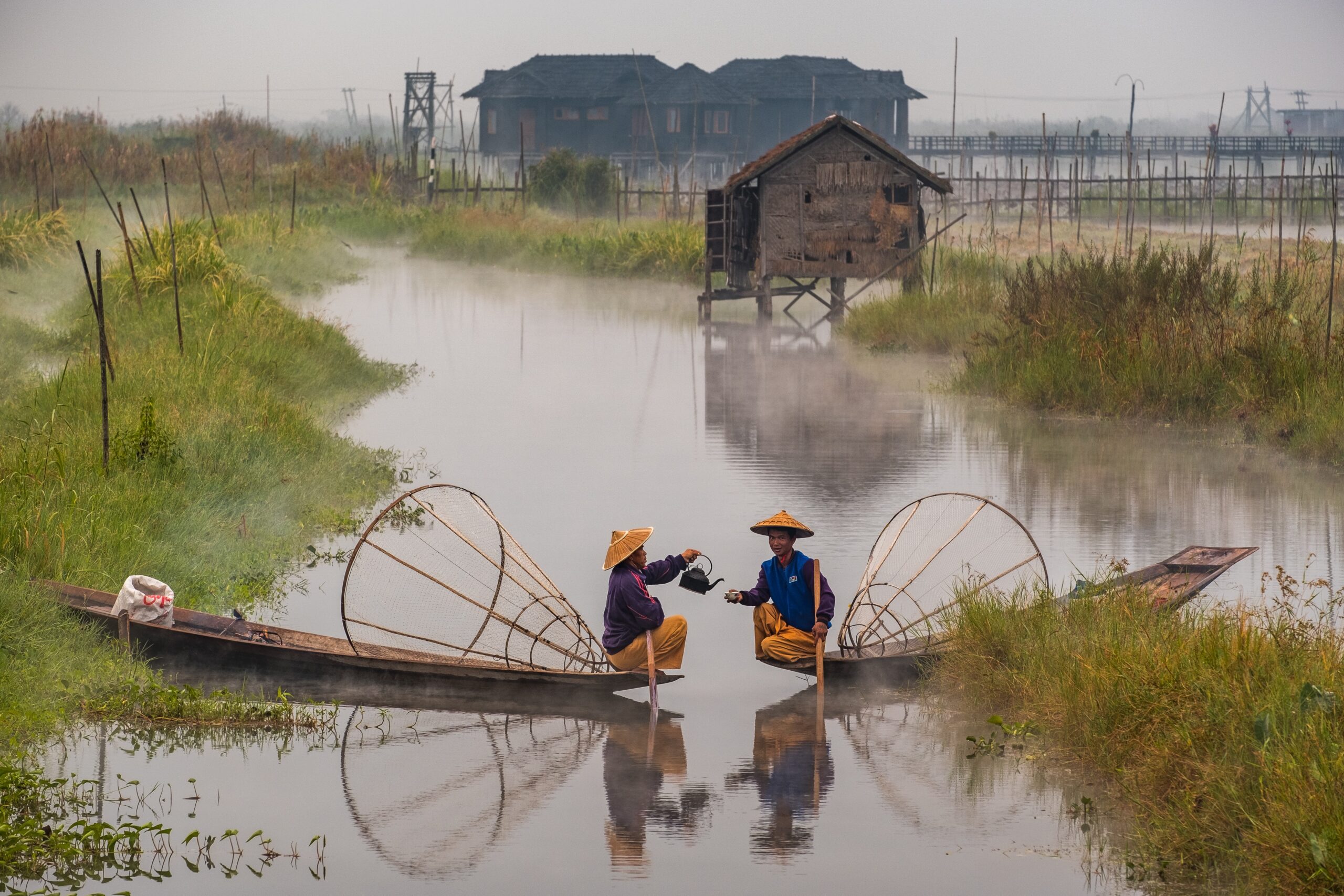Image credit: Julien de Salaberry via Unsplash.
To address climate change, biodiversity conservation, and social justice, it is important to really understand both the causes and impacts of climate change through a social justice lens.
Human activity, such as greenhouse gas emissions and changes to the reflectivity of the earth’s surface, is a leading cause of climate change. The impacts of climate change directly impact and threaten the livelihoods and safety of humans and wildlife around the world. The consequences of climate change can, and have, jeopardized the rights to life, work, and development, the safety of drinking water and sanitation, food security, physical and mental health and wellness, housing, and the right to self-determination.
“A safe and stable climate is an integral component of the right to a healthy environment”
Michelle Bachelet, UN High Commissioner for Human Rights
Climate change impedes human rights in many ways, whether through water and food scarcity or health and safety. Governments are obligated to implement measures that safeguard and foster human rights for all. Climate change disproportionately impacts communities and persons already in historically disadvantageous positions that relate to geography, poverty, sexual and gender identity, cultural and/or ethnic background, disability, and age. Those in these disadvantageous circumstances also tend to be those who contribute to greenhouse gas emissions the least. As the effects of climate change and climate change itself continue to rapidly worsen, the tensions and negative effects on humans and human rights will heighten.
The Office of the United Nations High Commissioner for Human Rights (OHCHR ) is doing important work to safeguardiand promote human rights, and has valuable insight on the intersection of human rights and climate change. The OHCHR works to mitigate climate change while preventing its negative human rights impacts and ensure all people and communities have the basic capacity to adapt to climate change and its effects assembling resources for sustainable human rights-based development, fostering international cooperation, ensuring equity and non-dicrimination in climate action, and ensuring meaningful and informed participation in public affairs
OneNature regards guaranteeing the protection and promotion of human rights as one of, if not the most, fundamental elements of conservation programs. Actors involved in conservation must be especially vigilant in emphasizing the value of human rights. We believe that in order to effectively truly safeguard human rights from all aspects, we must actively work towards mitigating climate change and its effects.
